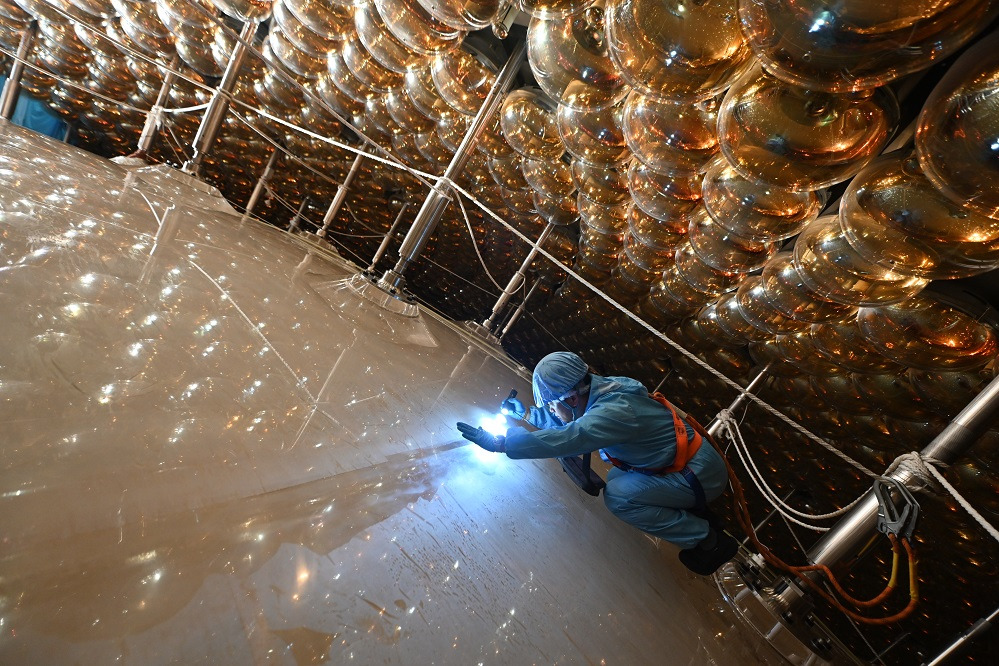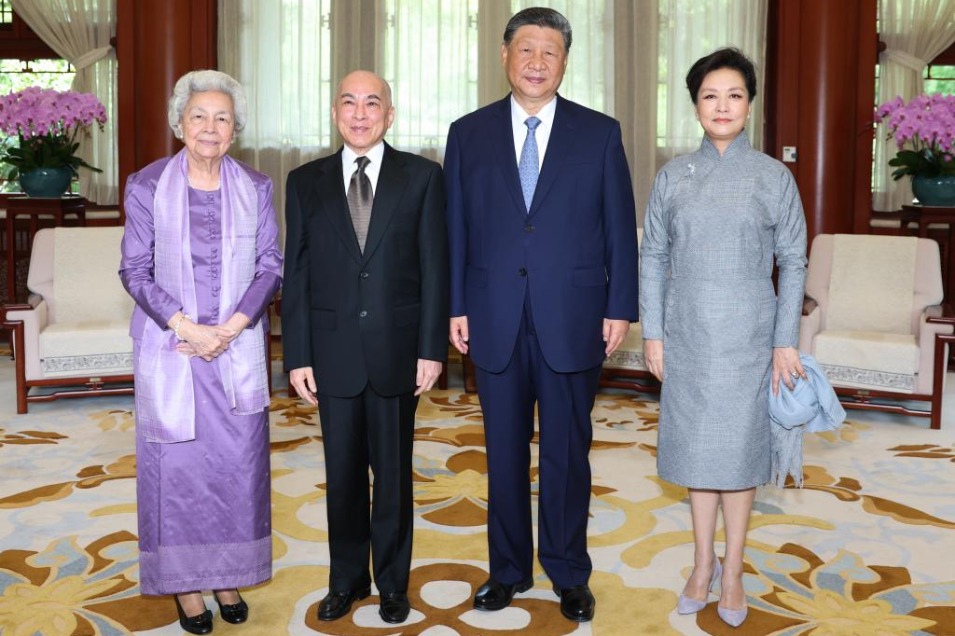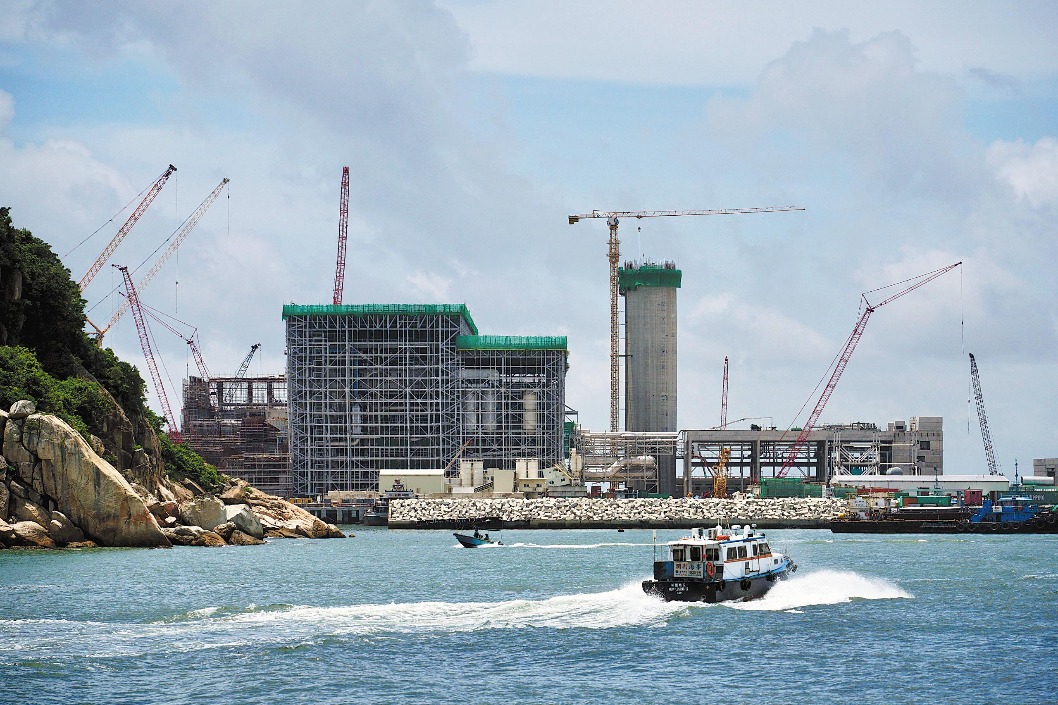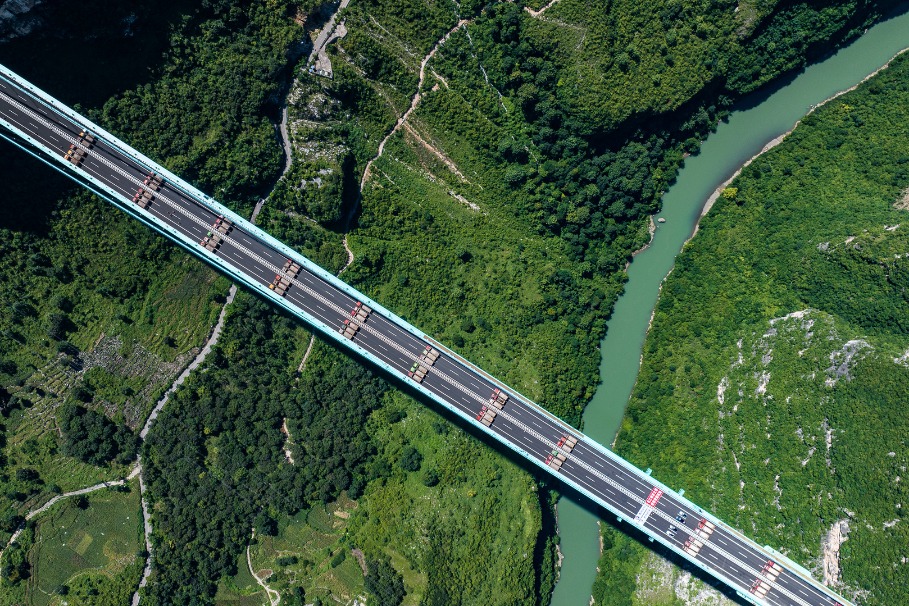Co-location a common practice in the world

The government is proposing a co-location arrangement to streamline immigration and customs procedures for travellers using the forthcoming Express Rail Link between the city and the Chinese mainland. The joint checkpoint will certainly save time and be convenient for the ever-increasing number of travellers between the two sides. It might also encourage business links, tourism and cooperation in other bilateral activities.
Nevertheless, the proposal does have detractors. A handful of "pan-democratic" activists in the special administrative region expressed doubts and objections over the proposed arrangement. Some opposed the presence of immigration and customs officers from the mainland in the West Kowloon terminus, while others regarded the leasing of space inside the terminus to the mainland as a "cession of land"; others might have their opposition modes turned on permanently regardless of the merits or otherwise of any government proposals.
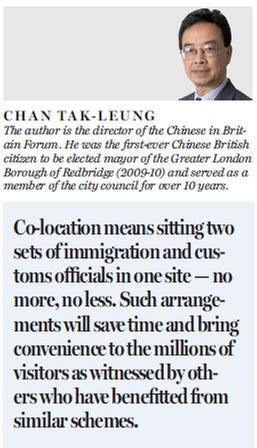
These opposition stances, one strongly believes, are borne out of ingrained hostility within the individuals toward the mainland rather than anything else. "Pan-democratic" activists must have forgotten that under the "one country, two systems" principle, Hong Kong is an inalienable part of China. Cession? What cession? Their objections have also demonstrated their failure to acknowledge China's sovereignty over the SAR.
The whole purpose of the co-location and pre-clearance arrangement is to let officers from both sides, in this case Hong Kong and the mainland, undertake their respective checks in one location. Anything else would mean inconvenience to the millions of travellers and defeat the purpose of arriving in Hong Kong or other destinations on the mainland much more quickly.
Activists have also ignored the fact that co-location of immigration and customs arrangements, even between different sovereign states, is nothing new. Schemes have been agreed and put in practice for many years and in quite a few countries. Since the United States and Canada had their informal co-location arrangement in 1952, pre-clearance checks are now taking place in countries including Abu Dhabi, Aruba, the Bahamas, Bermuda, Belgium, France, Ireland, Malaysia, Singapore, and the United Kingdom. Canada and the US currently have eight airports and four ports on either side of their borders with pre-clearance arrangements.
As someone who lives in London, one would travel between London and France on either the Eurotunnel or Eurostar from time to time. One therefore takes pre-clearance arrangement on these journeys for granted. Travelling from London's St. Pancras Station to Paris Gare du Nord station would mean no further checks required upon arrival and one can go straight to a Metro train and continue to one's destination without any further delay. On one occasion when flying from Toronto to New York in the 1990s, one found the immigration checks near-seamless, most delightful and saving a lot of time at LaGuardia Airport upon arrival on this occasion. This journey was made more than 25 years ago so one would only hope that "pan-democratic" activists will soon wake up from their self-deceiving nightmares about the introduction of this scheme.
The arguments put forward by opponents, to put it simply, have neither a legal or common-sense basis. Co-location means sitting two sets of immigration and customs officials in one site - no more, no less. Such arrangements will save time and bring convenience to the millions of visitors as witnessed by others who have benefitted from similar schemes. The proposed arrangement would only result in better communication, closer liaison and coordination, improved public safety and efficient immigration controls for all.
Should "pan-democratic" activists still not be convinced of the merits of the co-location proposal, one would suggest that perhaps they should ask the Americans, the British, the French and a whole host of others about the real and substantial benefits of a pre-clearance scheme. This should put their minds to rest since it is more than likely that they might have a deep-rooted belief in "the West is best". US Customs and Border Protection (CBP) air preclearance operations have more than 600 law enforcement officers and agriculture specialists stationed at no less than 15 locations in six countries. They might provide some helpful reassurances to these doubting activists.
(HK Edition 08/17/2017 page8)
Today's Top News
- A misjudgment of situation in the first place, destabilizing AUKUS deal may bite the dust: China Daily editorial
- Welcome would be welcomed if sincere: China Daily editorial
- Xi and his wife meet Cambodian King, Queen Mother
- Xi meets Russian State Duma chairman
- Parade a tribute to Chinese people's sacrifices in WWII
- SCO will strongly uphold multilateralism
















